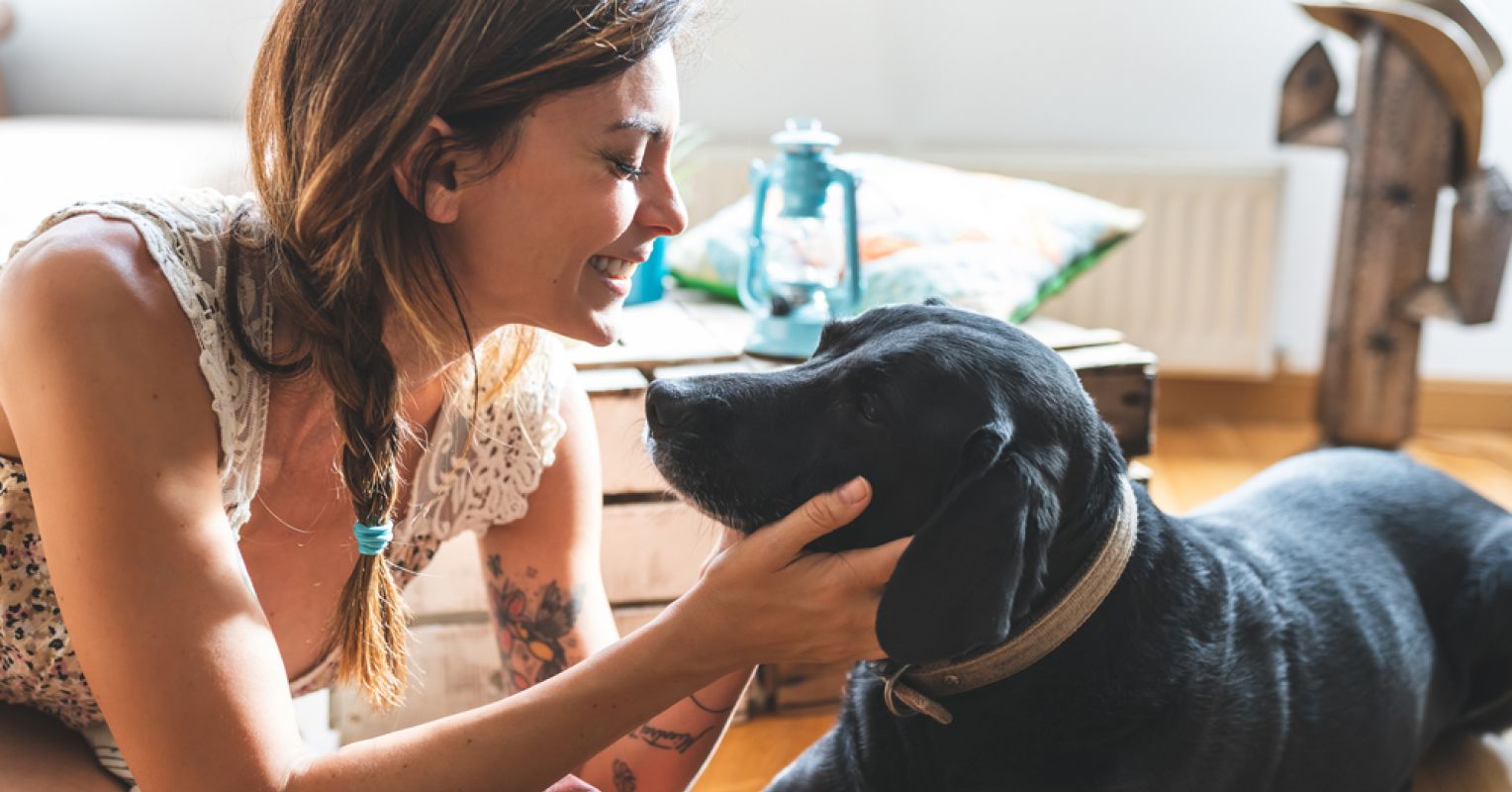- March 20, 2022
- No Comment
- 7 minutes read
How Pets Boost Our Mental Health – Psychology Today

Overnight, a young woman’s personality shifts, plunging her into a months-long medical mystery. Verified by Psychology Today
Posted December 28, 2021 Reviewed by Tyler Woods
Dog owners everywhere know the joy that comes from returning home from a quick errand to a welcoming party, or the sound of a bumping tail on the kitchen floor as you open the cabinet where the treats are stored. And cat owners know the delight that comes from getting that familiar “head bump” that serves as a hug, or the rhythmic “biscuit making” from a purring kitten. But did you know that sharing your space with an animal has actual mental health benefits aside from the pleasure that comes from seeing their furry faces?
A study conducted this year found that “pet dog owners were significantly less depressed than non-pet owners during the COVID-19 pandemic” (Martin et. al. 2021). The researchers found that individuals and families with dogs reported more positivity, less isolation, and more social supports.
After the first few months of the pandemic, the initial confusion and excitement evolved into fears and concerns as we all began to feel the strains of social isolation. Many who were working from home struggled to balance work and family. Those who lived alone, such as myself, felt that pang of loneliness walking into an empty home all week, unable to have the relief of going out on the weekends. With my partner working out of state for most of the year, I came home most days immediately blanketed by the dark. The quiet was an ever-present reminder of the sadness being experienced around me.
During the first year of the pandemic, I had the opportunity to adopt an older cat, Gomez, when his family became ill. On our first meet and greet, he motioned to a bag of treats on the table, letting me know who would call the shots. Taking him home that first evening, I immediately knew this 17-pound ball of fur would be my best friend for the coming months. He knew nothing about my quirks and imperfections, yet loved me just for being a human who fed him. He joined my guinea pig, Buckwheat, who had lost his two pig brothers the year before. The two became inseparable, with Gomez often giving up my king-sized pillowtop bed to sleep next to Buckwheat’s cage.
Like many who lived alone for much of the pandemic, I found that my pets became a huge source of support. They never judged me when I wanted to have yet another hot bath at the end of a long day, never reminded me that I already had a bedtime snack (or three), and always reminded me that 5 a.m. is the best time to wake up the household for feeding time. They kept me in line.
When I moved my practice online due to rising cases, it was difficult to “turn off” my work brain at the end of the day. It was usually Gomez who would remind me that it was time to stop. After some time living together, I noticed that my anxiety had decreased. I had motivation for creating a schedule, even if just for feeding and taking care of my animals, and this was beneficial for my own mental health. The mere presence of another living thing in my home was comforting.
Could it be that the presence of a furry friend can help ease the pain of loneliness that would otherwise exacerbate any mental health symptoms? Another study done this year found evidence for this, concluding that pet ownership brought with it many benefits, including increased motivation, “reduced anxiety symptoms and panic attacks; increased social connections and reduced loneliness” (Hawkins et al. 2021).
Sadly, Gomez lost his fur-brother, Buckwheat, last fall, but he has taken the position of only child with passion and pride. He has continued to keep us on schedule for mealtimes, and never fails to remind us of the importance of napping in the sunlight. Animals are much better at keeping a healthy balance than us humans, and we can learn a lot from letting them into our world.
LinkedIn and Facebook image: Marmolejos/Shutterstock
References
Roxanne D. Hawkins, Emma L. Hawkins & Liesbeth Tip (2021) “I Can’t Give Up When I Have Them to Care for”: People’s Experiences of Pets and Their Mental Health, Anthrozoös, 34:4, 543-562, DOI: 10.1080/08927936.2021.1914434. Accessed 12/26/2021.
Martin F, Bachert KE, Snow L, Tu H-W, Belahbib J, Lyn SA (2021) Depression, anxiety, and happiness in dog owners and potential dog owners during the COVID-19 pandemic in the United States. PLoS ONE 16(12): e0260676. https://doi.org/10.1371/journal.pone.0260676. Accessed 12/26/2021.
Kaytee Gillis, LCSW-BACS, is a psychotherapist and the author of Invisible Bruises: How a Better Understanding of the Patterns of Domestic Violence Can Help Survivors Navigate the Legal System.
Get the help you need from a therapist near you–a FREE service from Psychology Today.
Psychology Today © 2022 Sussex Publishers, LLC
Overnight, a young woman’s personality shifts, plunging her into a months-long medical mystery.

